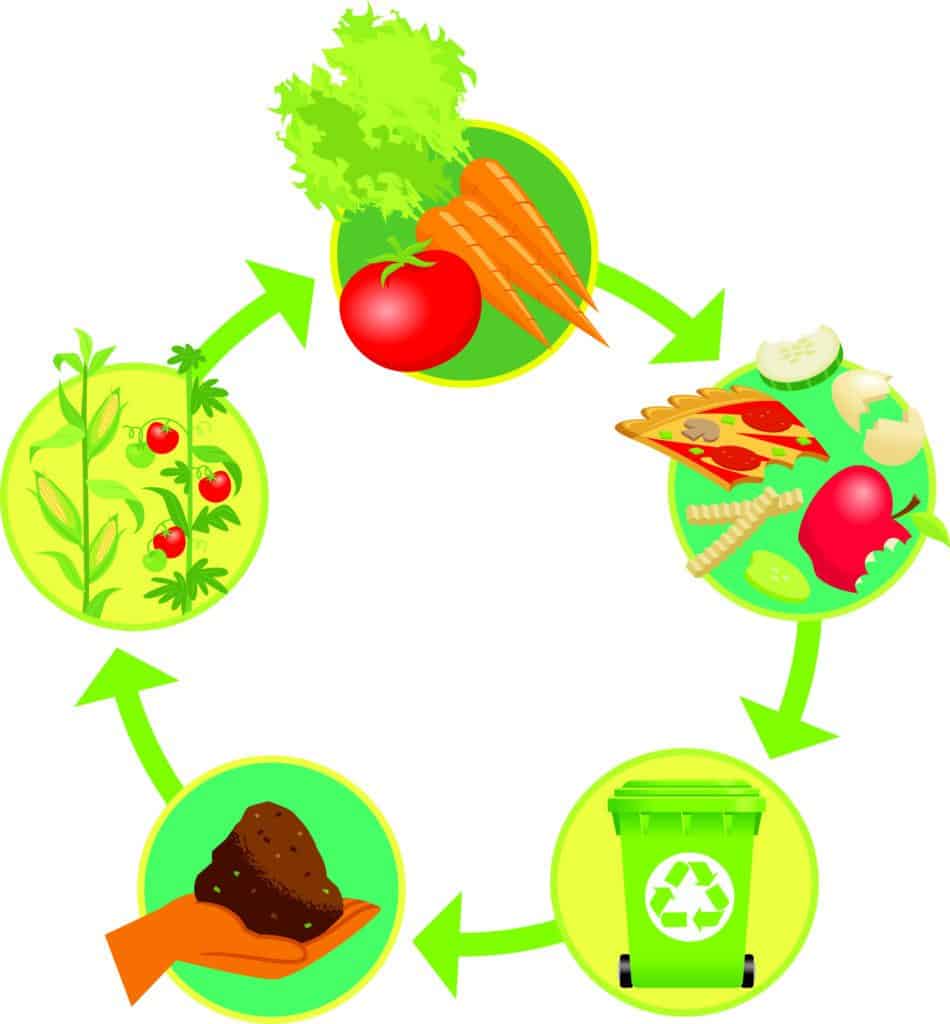
With so many Vermonters staying home and staying safe, there is an increased interest in gardening. To protect each other and find safe activities that connect us with the living world, gardens present a unique opportunity. If you would like to start composting but aren’t sure how to begin, satisfy your compost curiosity by exploring the free resources provided at CompostingVermont.org.
“Composting can provide a connection to nature, reduce the amount of trash you produce, and offer greater self-sufficiency during this pandemic,” said Josh Kelly, Materials Management Section Chief at Vermont Department of Environmental Conservation. “This week is a good time to find out how to start composting or learn where you can safely and affordably drop off your compost.”
If composting at home is not an option, some Vermont waste haulers offer curbside pickup for food scraps. The Vermont Department of Environmental Conservation (DEC) has a list of food scrap haulers at VTrecycles.com. Food scrap haulers bring food scraps to local organizations that will transform scraps into excellent compost sold to farmers and gardeners around the Northeast.
You can also drop off your food scraps at over 100 waste transfer stations and compost facilities around the state for free or for a small fee. Find a location near you by contacting your local solid waste district or town at 802recycles.com. A list of certified food scrap composting facilities can be found here on Vermont DEC’s website.
Still want more? Check out the Vermont Master Compost class at uvm.edu/extension/mastergardener/vermont-master-composter-course, download “The Dirt on Compost” guide at dec.vermont.gov/sites/dec/files/wmp/SolidWaste/Documents/Universal-Recycling/The-Dirt-on-Compost.pdf, or ask your local solid waste district or town if they offer online backyard composting workshops.




